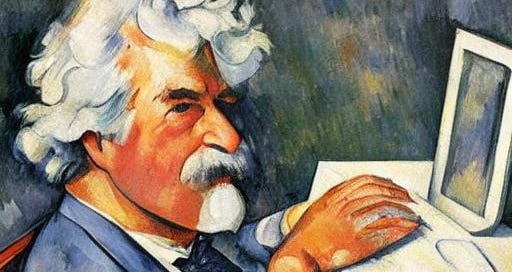One of the first things Product Managers are taught is the difference between proDUCT managers and proJECT managers. Marty Cagan summarizes the topic in this post, and this other post, and there are plenty of other resources describing, rather unfortunately, how product management has become a differentially-diagnosed function. Shoot, half of our articles are [clumsy] attempts to untangle how product management is (mis)used as companies grow.
At the heart of this conversation is the tension between strategy and tactics and who is responsible for what. Most teams simply don’t know when they’re losing strategic focus, and putting product managers in more tactical project manage-y roles only exacerbates the problem. As I’ve described previously, the economic tailwinds of the past decade have made it easier for leaders to justify using product managers as execution leads with a strategic flavor. This leaves teams seeking to adapt to new economic conditions with strong execution engines and a weak strategic core.
puts it well in his latest post:A company does not have strategy. The individuals in a company have strategies. Individuals may be better/worse at persuading others to adopt their strategy—or merge and adapt strategies—but there is no single strategy.
Who are these magic strategic individuals, you ask? The responsibility is meant to live with product management. And when product managers are deployed as project managers, strategy receives short shrift. When the winds change, companies lack the context or strategic foresight to adapt. We’re going through a moment of massive layoffs in the tech world caused in large part by this lack of strategic agility, and unfortunately it’s the product management function that finds itself in the crosshairs.
Leaders don’t seek out ways to move their (quite expensive!) strategic talent into execution-focused roles: there are multiple pressures exerted on them that cause the shift:
VC funding comes with a clock. When you raise money on the promise of blitz-scaling your user base without any revenue, every day has a dollar cost to it. Do you allocate your limited product resources to future strategy, or do you ask them to define the most scalable features to meet your growth goals as quickly as possible?
Founders with technical or sales backgrounds tend to over-index on execution, either “because it’s possible” or “because it will sell.” It’s easy to fall victim to confirmation bias during economic boom times and assume that this execution focus is a winning strategy. Aligning product management success within a culture of execution can cause friction if the product org itself does not take an active role.
Startups need to produce lots of value for customers with very constrained resources. At some point they reach a position where their growth is modulated less by production and more by product focus (we call this product-market fit). Many companies fail to transition their work culture to allow for this strategic focus, pushing product managers into more execution-focused roles.
The vast majority of product managers in the tech industry are employed by companies that were created or became incumbents in their space since 2008. These departments have long operated that their processes and role definitions are appropriate to the need: just look at how much they’ve been able to grow!
But as we enter this period of layoffs and team restructuring, the role of product managers is coming under scrutiny. In organizations that see product as an execution role, product teams are shrinking, with senior leaders expected to be “player-coaches,” implying the re-trenching of product as a strategic role. It’s tempting to see this as a win, but unfortunately it misses the point: a product manager who spends their time executing will make worse strategic decisions. Adding more responsibility and expecting to “do more with less” does not materially change the expectations for the role that got us to where we are today.
The story is similar in startup land: with capital harder to come by and the cost of living increasing, founders are being advised to adhere to the “player coach” hiring mentality. Too often, founders focus on the “player” side of that equation and lock themselves into anemic strategic thinking.
That said, I’m optimistic about the future of the role. Companies like Airbnb are rethinking product as a storytelling role on equal footing to design and engineering. In this model, product is not about user flows or ticket creation, but about ensuring everyone understands why we’re doing what we’re doing (including the customer). That strategic center is what’s missing from the “player-coach” model. It’s these types of product managers who “get shit done” by ensuring every feature is informed by business realities, customer need, and our ability to translate them into reality.



